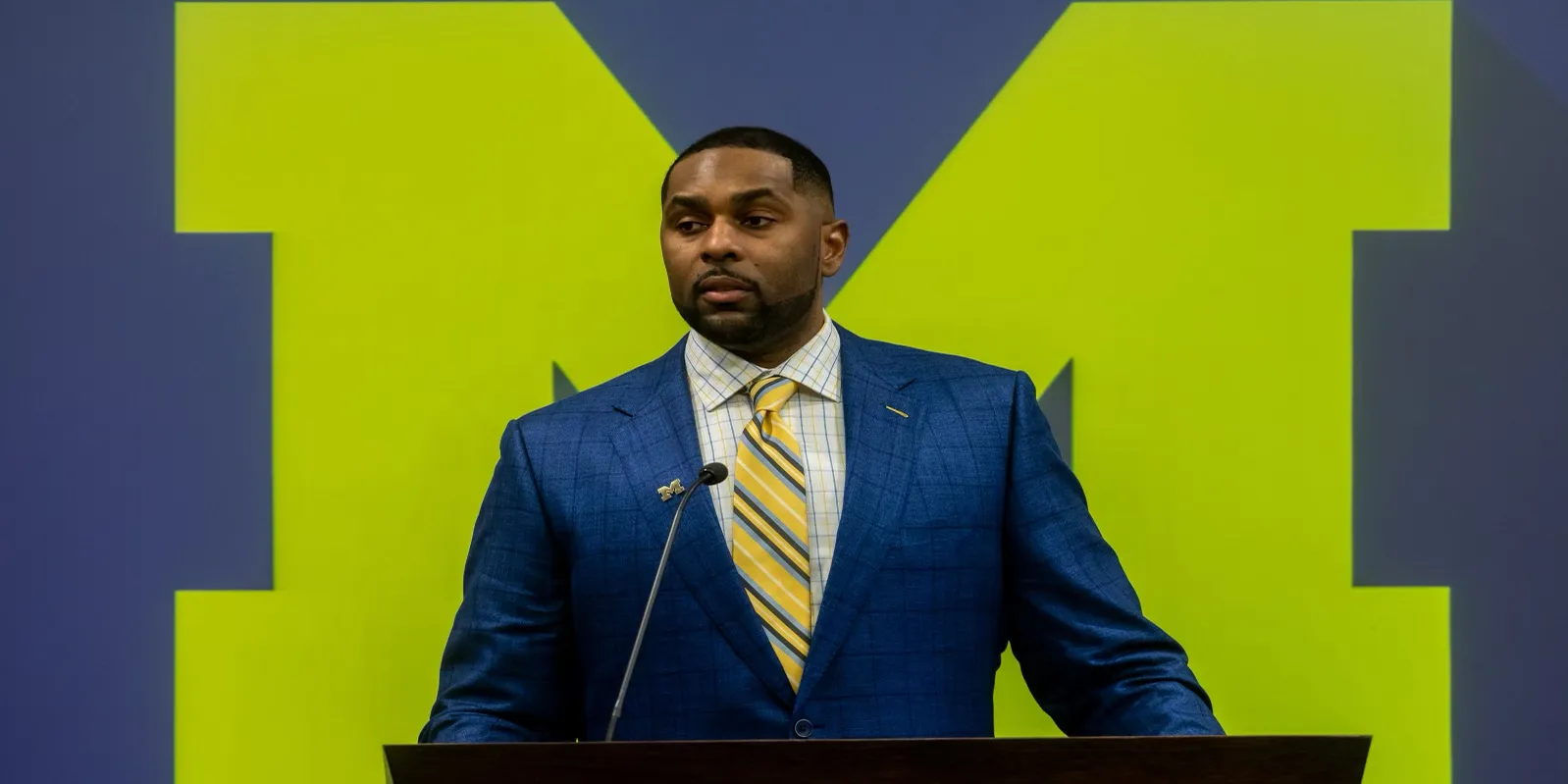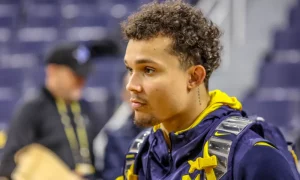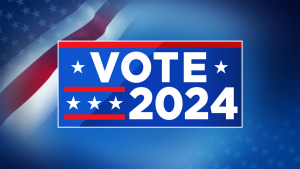
Michigan’s elevation of Sherrone Moore doesn’t address the fundamental issues in college football.
Michigan’s head coach, Sherrone Moore, faced a dilemma of double consciousness ahead of the College Football Playoff semifinal against Alabama. Crimson Tide quarterback Jalen Milroe’s revelation about his offensive coordinator, Bill O’Brien, expressing doubts about his quarterbacking abilities prompted a reporter to inquire how Moore navigated the stereotypes imposed on Black individuals in football and the constraints forced upon them.
Moore’s response was nuanced, teetering between acknowledgment and denial. He claimed to see beyond color, citing his interracial family, yet subtly alluded to the lack of diversity in college football, particularly highlighting Jim Harbaugh’s progressive hiring practices. Despite Moore’s recent promotion to head football coach at Michigan following Harbaugh’s departure for the Los Angeles Chargers, his individual success paled in comparison to the broader realities of college football.
The University of Michigan, seemingly a beacon of progress with its Black-led athletic programs and department, reflects its liberal-minded history. However, despite its outward appearance of diversity, Michigan and institutions like it grapple with issues of systemic racism and lack of inclusivity, exacerbated by state legislation prohibiting race- and gender-based considerations in admissions and hiring.
The disparity in college coaching opportunities mirrors broader challenges in diversity and inclusion efforts across various institutions. While Black athletes contribute significantly to college sports, they often encounter limited opportunities for leadership roles, with predominantly white coaching staffs reaping the benefits of their labor.
The plight of Black college football coaches mirrors W.E.B. Du Bois’ concept of double consciousness, where individuals navigate conflicting identities and expectations imposed by society. Despite strides made by individuals like Harbaugh in promoting diversity, the coaching landscape remains starkly imbalanced, with Black coaches occupying a fraction of FBS coaching positions.
The burden of addressing coaching diversity falls on institutions like the NCAA and FBS athletic directors. Too often, Black coaches like Moore and Todd Bowles are left to grapple with these issues, while race-neutral rhetoric perpetuates systemic inequalities and hinders progress.
Bowles’ assertion that the emphasis on race should diminish overlooks the structural barriers facing Black coaches and players in football and other spheres. True progress necessitates confronting uncomfortable truths and dismantling systemic barriers to diversity and inclusion.







